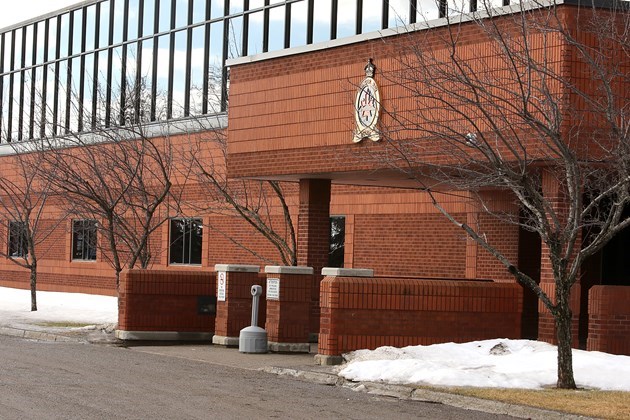THUNDER BAY — The Thunder Bay Police Services Board hopes to see a pilot program that pairs a crisis worker and a police officer to respond to all mental health calls on a 24/7 basis become permanent after only launching last month.
Since the launch of the new project on Jan. 4, the Integrated Mobile Police Assessment Crisis Team (IMPACT) program has had 190 face-to-face interactions and has resulted in 77 individuals being diverted from Thunder Bay Regional's emergency department, Insp. Derek West of the Thunder Bay Police Service said on Tuesday, Feb. 16.
The project is scheduled to last a year and is funded through the North West Local Health Integration Network (LHIN).
Board member and mayor Bill Mauro suggested the board should advocate for permanency for the pilot project which has only been operating for just over a month.
“I am wondering if we should be taking a position proactively now with the LHIN to reach out through formal communication in a letter advocating for permanency around this program,” Mauro said on Tuesday.
Board member Kristen Oliver agreed with Mauro saying the success of the program in a short period of time was a “good benchmark” to start a discussion on the reason why permanency should be considered.
“The [police] service has been actively lobbying with the LHIN for the last few years as the chief outlined and I can work with the chief’s office to add the board’s voice to that lobby,” John Hannam, secretary to the board said on Tuesday.
In addition to seeing the IMPACT program become permanent, police chief Sylvie Hauth said she hopes to see a permanent mental health and crisis centre in the community in the future. The centre would follow a similar model to the Sudbury Mental Health and Addictions Centre, Hauth said in an interview after the police service board meeting.
“It’s pretty much a one-stop-shop under one roof diverting people from the emergency [department] and ensuring that they have proper services,” she said.
Discussions around a permanent crisis centre for the northwest have been in the works for years, Hauth said, but there is no timeline or projections yet.
“It has always been on the table and we continue to be optimistic and we keep basically pushing the idea,” Hauth said, adding with permanent funding of the IMPACT program could lead to the actualization of a crisis centre.
The IMPACT program is an expansion of the Joint Mobile Crisis Response Team initiative which launched in June 2018.
This program is a two-person crisis response team that operates seven days a week from 2 p.m. to 2 a.m.
West announced during Tuesday’s board meeting this program has been temporarily suspended in order in order to open the Canadian Mental Health Association’s safe bed program for early March.
Once the CMHA hires more crisis workers, the mobile team will be reactivated again, West said.
